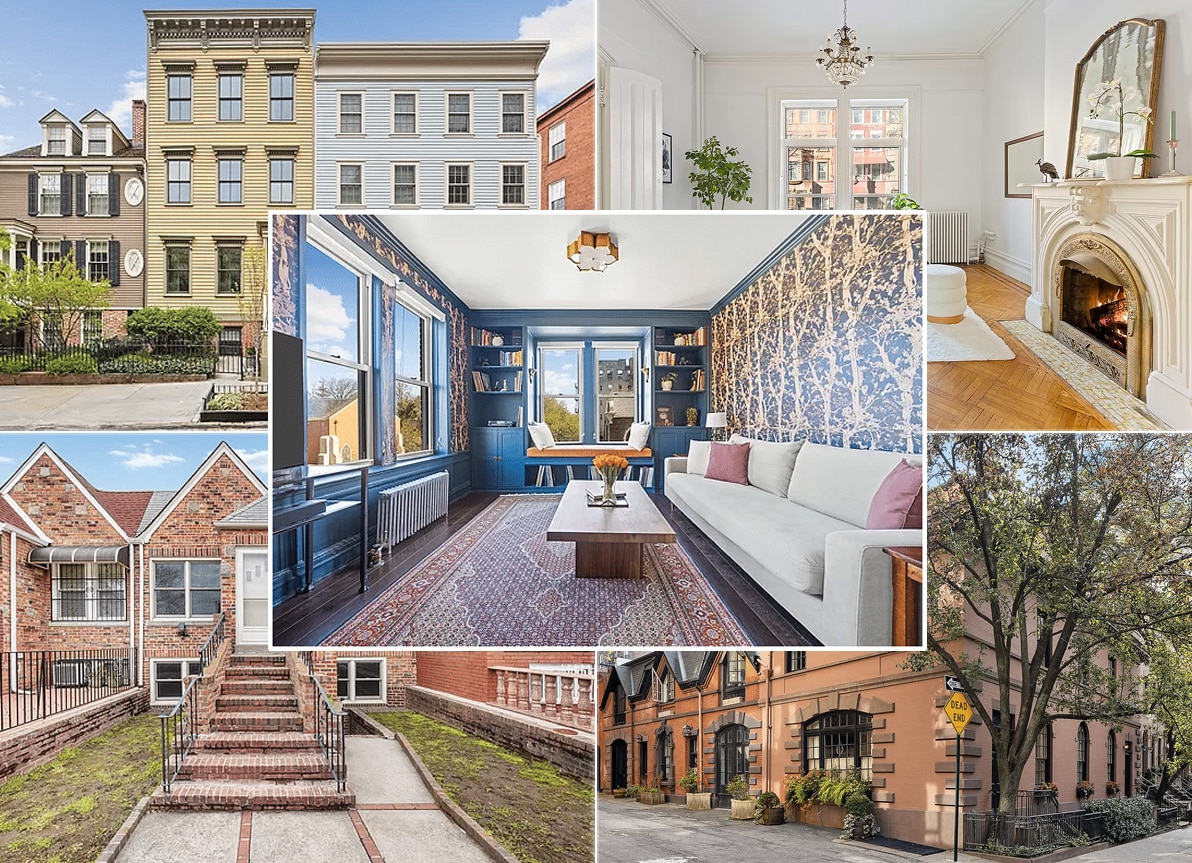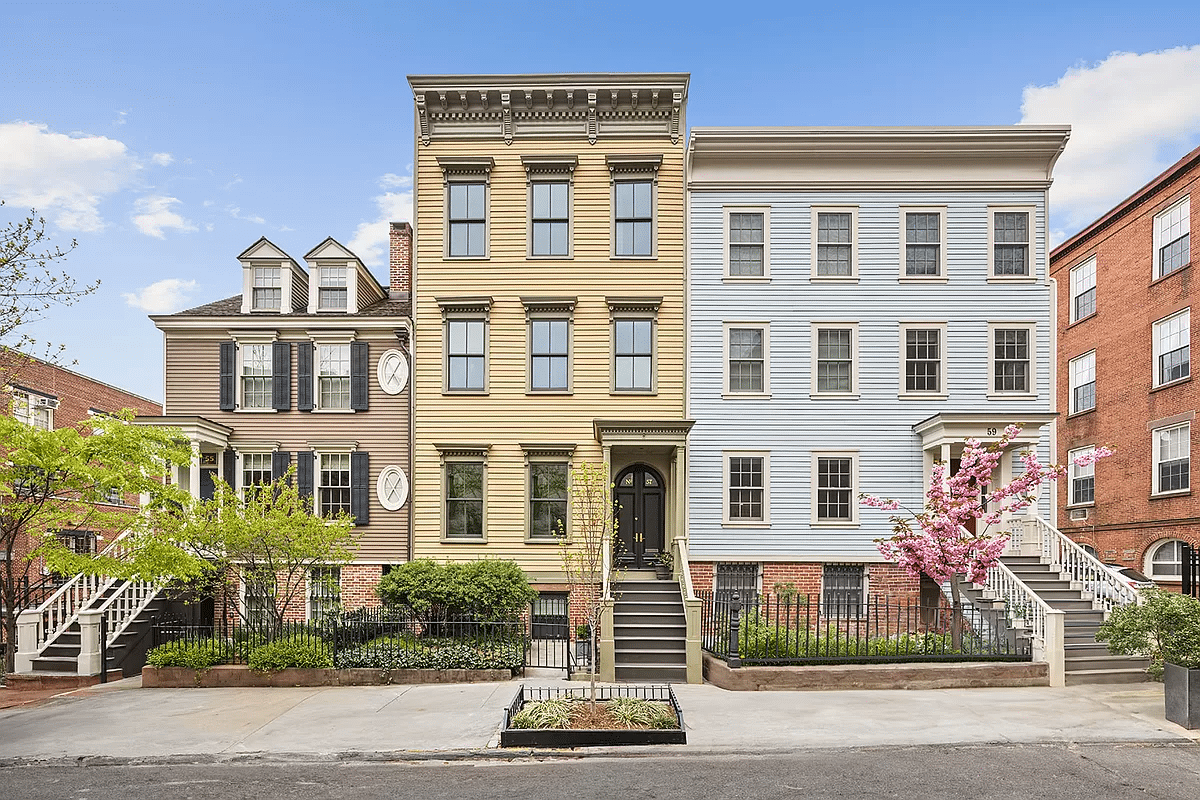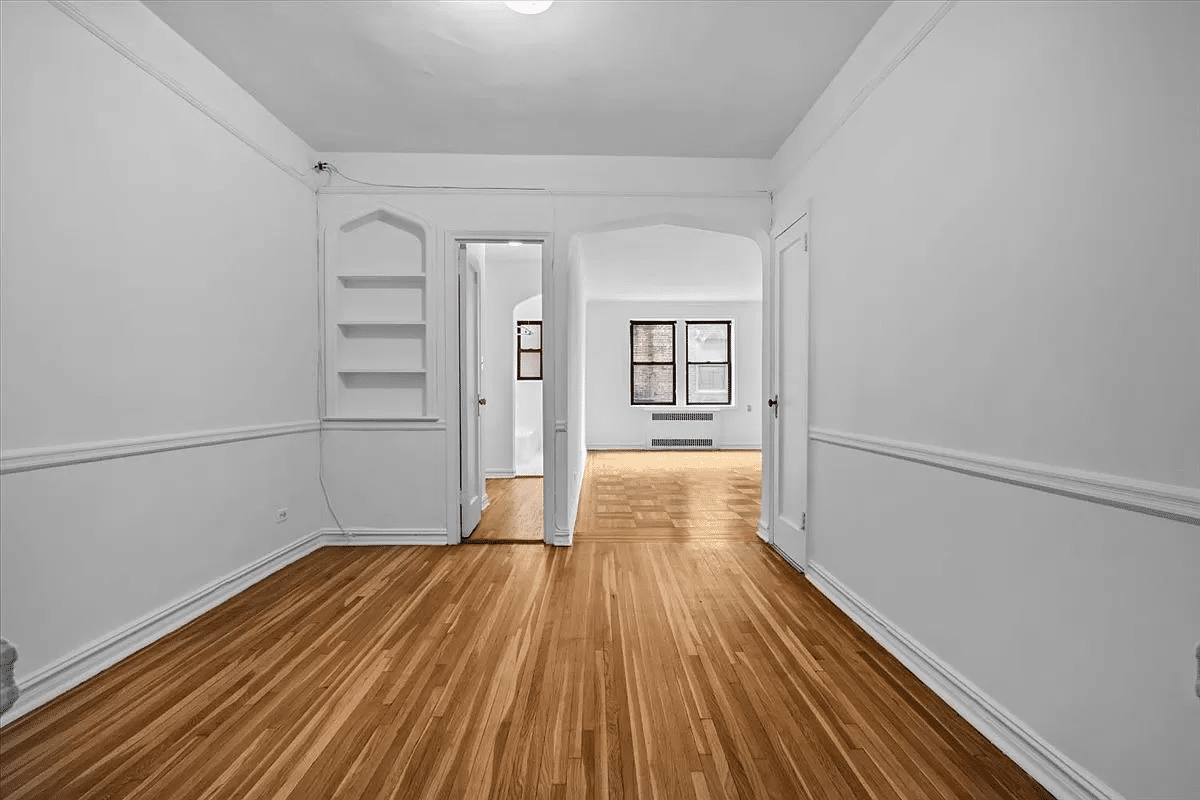What Is a Rent Stabilized Apartment, Anyway?
Here’s everything you need to know about rent-stabilized housing and how to find out if you have it.

125 Court Street, where the developer was found to have overcharged rent-stabilized tenants. Photo by Fleur Losfeld
Rent stabilized apartments: If you’re a renter, you probably want one. If you’re a landlord or developer, you probably don’t. With the city and state starting to ramp up their enforcement of rent regulation, it’s time to get clear on exactly what it means to have a rent stabilized home. And how to find out if your landlord’s been overcharging you.
A quick definition:
Living in a rent stabilized apartment means occupants won’t face high rent increases each year, and they have the right to continue renewing their lease. It ensures apartments will stay affordable for the people living in them and makes it difficult for a landlord to unfairly evict tenants. Allowable rent increases are set by the NYC Rent Guidelines Board yearly.

Rent stabilization was enacted in 1969 after an outcry over sharply increasing rents in post-war apartment complexes, according to the Rent Guidelines Board. Local pols wanted measures in place to cap rents and make sure the city’s existing residents could afford to live here.
Currently, New York City has roughly one million rent stabilized apartments, with nearly 14,000 rent stabilized buildings in Brooklyn (PDF) alone. (By contrast, there are a mere 27,000 rent controlled apartments left in the city, according to the HPD.)
How to know if your building is rent stabilized
About a third of all the homes in New York City are rent stabilized, so there’s a decent chance that you or someone you know lives in one. The vast majority of rent stabilized apartment buildings were built before 1974, have more than six apartments, and charge a monthly rent of less than $2,700.
However, some newer construction contains both market-rate units and rent stabilized units — created to fulfill the requirements of the now-defunct 421-a tax break. In that case, your unit could still be rent stabilized even if you’re charged more than $2,700 a month.
The easiest way to check if your building is rent stabilized is to contact the city and request a rent history for your unit. You can also check the website amirentstabilized.com. Note that this is not a government site.
You could also request your unit’s history by calling the NY State Division of Housing and Community Renewal (DHCR) at 718-739-6400.

What to do if you think you’re being overcharged
Once you have your rent history and confirm that it is or was a rent stabilized unit, double-check the DHCR’s Guide to Rent Increases for Rent Stabilized Apartments (PDF) to make sure your rent wasn’t legally increased or your apartment destabilized. Reasons your rent might have been legally increased above the rent stabilized threshold include owner improvements and vacancy increases.
Your home may have been legitimately destabilized if you’ve had a household income above $200,000 for two years in a row and a rent above the regulation threshold of $2,700.
If you still think you’ve been overcharged, contact your building’s owner with this information and try to get them to resolve the issue. If they refuse, you should file a complaint with the DHCR by filling out a Rent Overcharge Application (PDF) and submitting it along with your rent history and proof of rent payment. You’ll have to mail two copies of your form and documents to:
DHCR, Gertz Plaza
92-31 Union Hall Street, 6th Floor
Jamaica, New York 11433

Related Stories
Hundreds of Brooklyn Renters to Get Payback From Overcharging Landlords
Here’s What You Should Know About the Expired 421-a and Its Incredible Impact on Development in NYC
Report: While Developers Exploit Tax Breaks at Tenants’ Expense, City Does Little
Email tips@brownstoner.com with further comments, questions or tips. Follow Brownstoner on Twitter and Instagram, and like us on Facebook.









What's Your Take? Leave a Comment